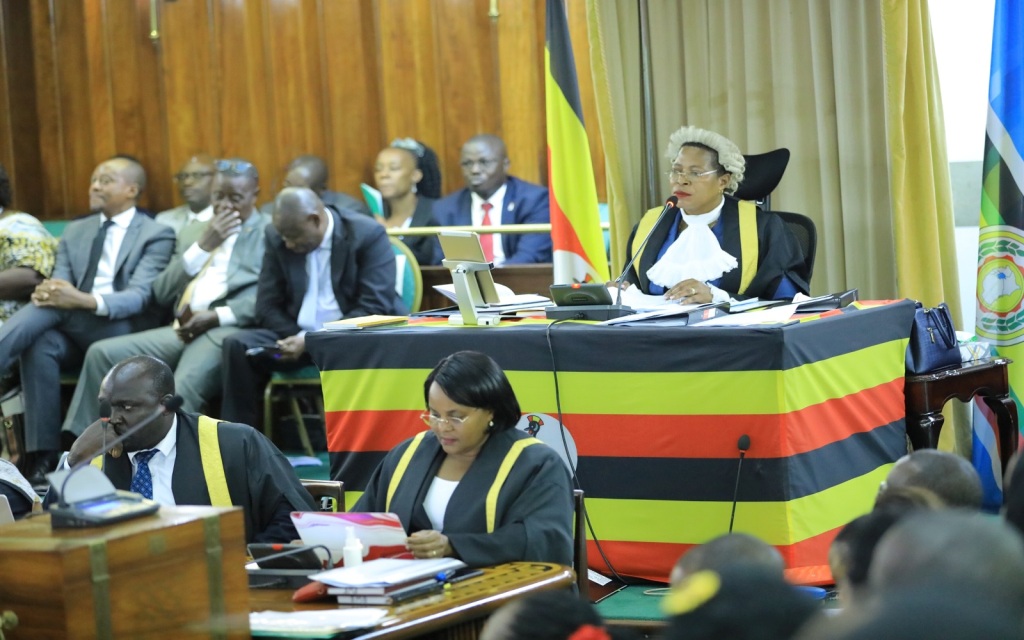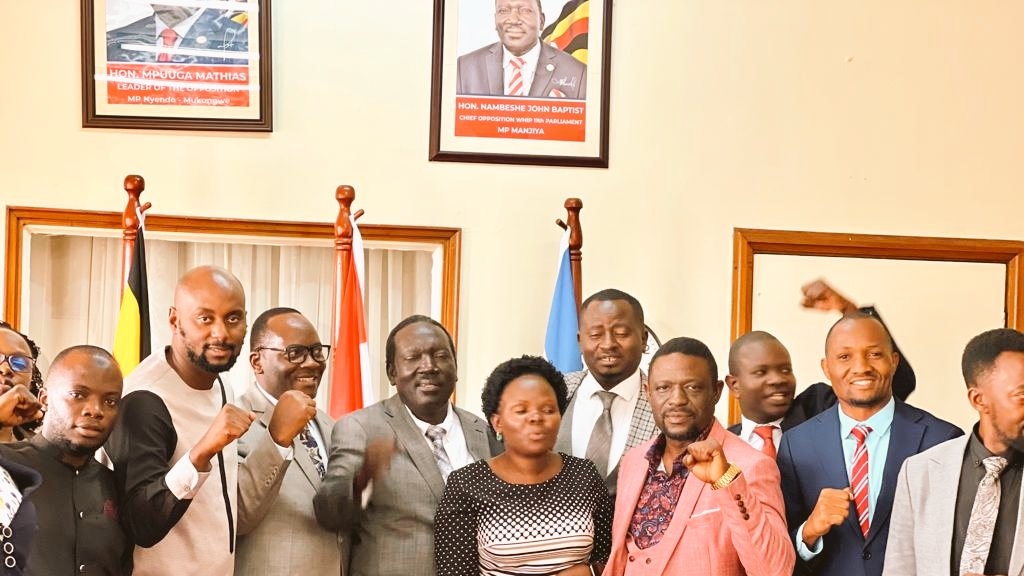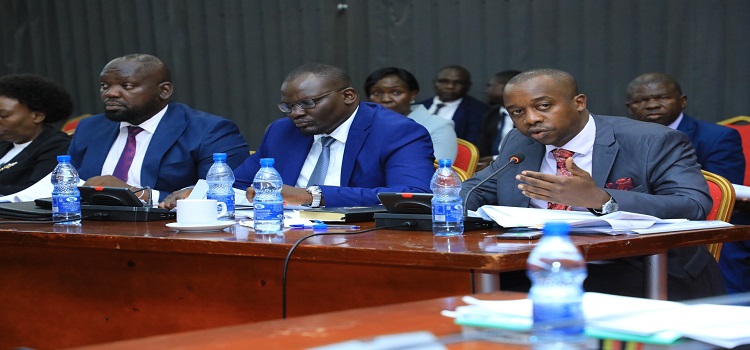The Ugandan Parliament on Thursday, September 3, 2024, revisited two crucial issues: the reconsideration of the Higher Education Students Financing (Amendment) Bill, 2024, and the challenges plaguing local government service commissions, particularly in Eastern and Northern Uganda.
The Higher Education Students Financing (Amendment) Bill, which was initially passed on April 17, 2024, had been returned to Parliament by President Yoweri Museveni on July 23, 2024. The President, citing Article 91(3)(b) of the Constitution and Rule 143 of the Parliament’s Rules of Procedure, pointed out inconsistencies in the long title of the bill. He stressed that the long title of any legislation is vital because it outlines the key provisions of the Act. In this case, the long title in Section 5 (Clause 5) differed from the version initially submitted to Parliament.
Hon. James Kubeketerya, the Chairperson of the Committee on Education, led the reconsideration process, presenting the committee’s report. He underscored the importance of the long title in providing clarity to stakeholders and legal experts. The committee recommended keeping both versions of the long title as outlined in the bill returned by the President, arguing that it would enhance the clarity and functionality of the legislation. Kubeketerya stated that ensuring this clarity would benefit the legal community and stakeholders alike.
After reviewing the bill, Parliament then turned its attention to a report from the Committee on Public Service and Local Government regarding the operations of District and City Service Commissions. The discussion focused on the challenges faced by these commissions in Eastern and Northern Uganda, with MPs raising concerns over systemic issues in local governance, particularly the underfunding of local governments and recruitment challenges.
Several MPs, including James Niringiyimana, spoke passionately about the financial struggles facing local governments. Niringiyimana attributed the dysfunctionality in local government operations to a lack of adequate funding from the central government, which he argued left local administrations crippled and unable to meet their responsibilities. His concerns were echoed by MP Gilbert Olanya, who cited the three-year recruitment freeze imposed by the Ministry of Local Government as a major contributing factor to staffing shortages in districts across the country.
Olanya emphasized that local governments need greater autonomy in managing the revenues they collect at the source to maintain functional operations. MPs repeatedly called for a shift in budgetary priorities and greater financial autonomy for local governments, arguing that they should have the authority to manage their own resources to address pressing needs and improve service delivery.
The debate highlights the growing tension between central and local governance structures as Parliament continues to deliberate on both the Higher Education Students Financing Bill and the ongoing challenges faced by local governments. Many MPs have expressed frustration over the lack of resources and autonomy for local governments, warning that failure to address these issues could further undermine their capacity to deliver services effectively.
The outcome of these discussions may lead to legislative amendments and potential shifts in budget allocations, as the government faces increasing pressure to address both education financing reforms and the challenges facing local governments.




















